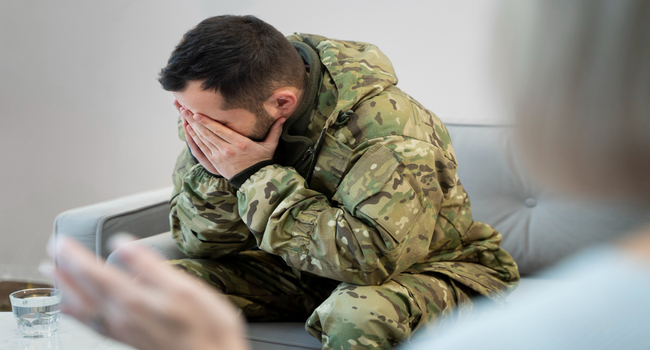
Posttraumatic stress disorder (PTSD) is a mental health condition that affects many military personnel and veterans who have experienced combat-related trauma. Finding efficient and effective treatments for PTSD is crucial. A clinical trial compared two types of prolonged exposure (PE) therapy for combat-related PTSD: massed PE and intensive outpatient program PE (IOP-PE). The trial aimed to determine which therapy was better at reducing PTSD symptoms.
Key Findings
The trial involved 234 military personnel and veterans. The results showed positive outcomes for both therapy groups. After one month, 61% of participants experienced significant reductions in PTSD symptoms as assessed by clinicians, and 74% reported feeling better according to their own self-assessments. There were no significant differences between the two therapies. Importantly, more than 50% of participants in both groups maintained their improvement even after six months.
Understanding the Therapies
-
Massed-PE: This therapy involved 15 sessions, each lasting 90 minutes, over a period of three weeks.
-
IOP-PE: The intensive outpatient program consisted of 15 full-day therapy sessions over three weeks, with additional treatment sessions. Researchers thought this therapy would be better than massed PE.
The trial suggests that both massed-PE and IOP-PE are effective therapies for combat-related PTSD. Both therapies significantly reduced PTSD symptoms, as reported by both the clinicians and the participants themselves.
Implications
The findings have important implications for the treatment of combat-related PTSD:
-
Time Efficiency: Both therapies provide a quicker way to receive treatment for combat-related PTSD. With the compressed formats, individuals can complete the therapy within a relatively short period.
